Have you ever wondered what makes a healthy vagina?
Bacteria play an important role in vaginal health. If you've ever had your vaginal microbiome—the bacterial community that lives in your vagina—wiped out by taking antibiotics, you probably are well aware of that.
But not all vaginal bacteria are alike: Some protect against disease, some can cause disease, and a recent study in Genome Medicine even suggests that microbiota in the vagina may yield clues about the presence of cancer.
What's Normal?
Of course, "normal" has a lot of meanings, so for now we'll use it to mean women who do not have a vaginal infection or disease.
Studies have shown that most women of reproductive age have over 50 different types of bacteria in their vagina, but most of these are types of Lactobacillus species. The most common lactobacilli in the vaginal microbiome are L. iners, L. crispatus, L. gasseri, L. jensenii, followed by L. acidophilus, L. fermentum, L. plantarum, L. brevis, L. casei, L. vaginalis, L. delbrueckii, L. salivarius, L. reuteri, and L. rhamnosus.
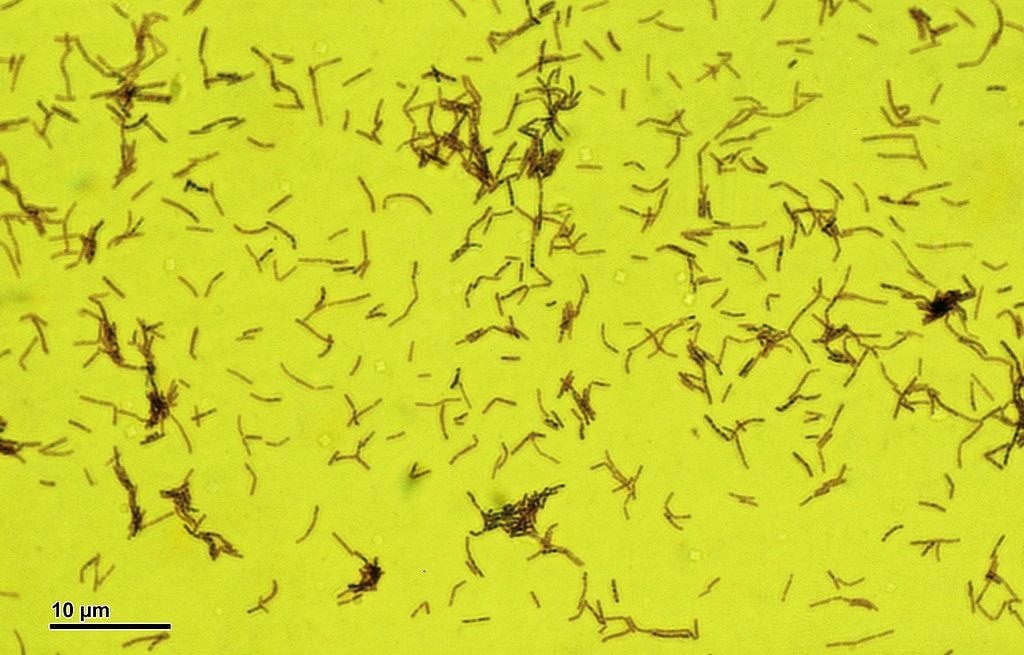
All of these bacteria produce lactic acid, which helps to suppress the growth of pathogenic—or disease-causing—bacteria. They also adhere to the epithelium and get in the way of any bad bacteria that may make their way in and try to invade the vaginal surface, where they can cause disease.
Vaginal Lactobacillus species can also produce antimicrobial compounds called bacteriocins. These compounds can help slow the growth of disease-causing bacteria that might enter the vagina.
Can You Really Change Your Vaginal Microbiome?
If Lactobacillus is so beneficial to vaginal health, is there a way to make sure we have a healthy vaginal microbiome? We've all heard that probiotics and douching can restore vaginal bacteria, but do these really work?
Most of the probiotics we see advertised on TV are in the form of drinks and yogurt containing active cultures. They may aid in digestion and perhaps can add good bacteria to your gut, but to change your vaginal flora you really need a more potent solution—or a different route of application, if you know what I mean.

A study published in FEMS Immunology and Medical Microbiology by researchers at the University of Western Ontario showed that certain types of Lactobacillus can restore vaginal flora when taken in capsule form.
Researcher Gregor Reid from UWO's Lawson Health Research Institute, and his colleagues, gave 42 healthy women a combination of two strains of Lactobacillus, L. rhamnosus plus L. fermentum, in a capsule they took orally for 28 days.
When the study started, only 40% of the women had normal vaginal flora. Some of the women had a vaginal infection called bacterial vaginosis, a vaginal yeast infection, or a urinary tract infection, when the study started. These infections altered their vaginal flora, but the women were asymptomatic and unaware of the infections.
When the study was over, 90% of the women had a normal vaginal microbiome. The oral capsules, potentially in combination with the women's' immune system, successfully restored vaginal lactobacilli.
The number of lactobacilli that can be delivered by an oral capsule is lower than vaginal administration, but it is more convenient. The more effective way to restore normal vaginal bacteria is with the use of vaginal suppositories where bacteria can be delivered right to the area they are needed, in higher numbers.
On the other hand, disrupting your vaginal microbiome in other ways is likely unhealthy. While research has shown that almost one-third of women in the US douche regularly, it is not associated with better vaginal health. In fact, it can cause some serious health problems.
Studies have shown that douching alters the vaginal flora in a way that actually makes it more likely a woman will develop a bacterial vaginosis. Douching is also associated with an increased risk of cervical cancer, pelvic inflammatory disease, endometritis, and increased risk for sexually transmitted infections, including HIV.
Vaginal Bacteria as Cancer Indicators
As we learn more about the vaginal bacteria, we are learning that our vaginal microbiome can tell us a lot about our health.
New research published in Genome Medicine by Nicholas Chia from the Mayo Clinic, and his colleagues, found that the microbes present in the vaginal environment of women with endometrial cancer were different from those of women without endometrial cancer.
Women with endometrial cancer had more Firmicutes, Spirochaetes, Actinobacteria (Atopobium), Bacteroidetes (Bacteroides) in their vaginal microbiome than women without endometrial cancer.

The researchers found an association between that detection of Atopobium vaginae combined with the presence of Porphyromonas sp. in the gynecologic tract, especially when the vaginal pH was over 4.5, and the presence of endometrial cancer. Researchers aren't sure if the bacteria is implicated in the cancer, or if changes to the vaginal tract from the presence of cancer made the bacteria more likely to take up residence.
The PAP test does not test for uterine or endometrial (cancer of the lining of the uterus) cancer. Abnormal vaginal bleeding or pelvic pain are some symptoms of uterine cancer. When those symptoms are present, a doctor will likely follow up with an endometrial biopsy or a transvaginal ultrasound.
Perhaps this study will lead to a better way to detect endometrial cancer, but for now...
We'd Still Like to Know...
The study by Chia and team left us with questions about the health of our vaginal microbiome. What we still would like to know are:
- Did the microbiome change before or after the cancer formed?
- Do the bacteria have something to do with letting the cancer grow?
- If so, if we change the vaginal microbiome, would that affect the cancer?
- Can we prevent endometrial cancer by maintaining certain bacteria in the vaginal microbiome?
The research team proposed future experiments to address some of these questions.
In the meantime, the study authors left us on this hopeful note: "Because of the modifiable nature of the microbiome, these findings also hold promise to endometrial cancer prevention."
Just updated your iPhone? You'll find new emoji, enhanced security, podcast transcripts, Apple Cash virtual numbers, and other useful features. There are even new additions hidden within Safari. Find out what's new and changed on your iPhone with the iOS 17.4 update.
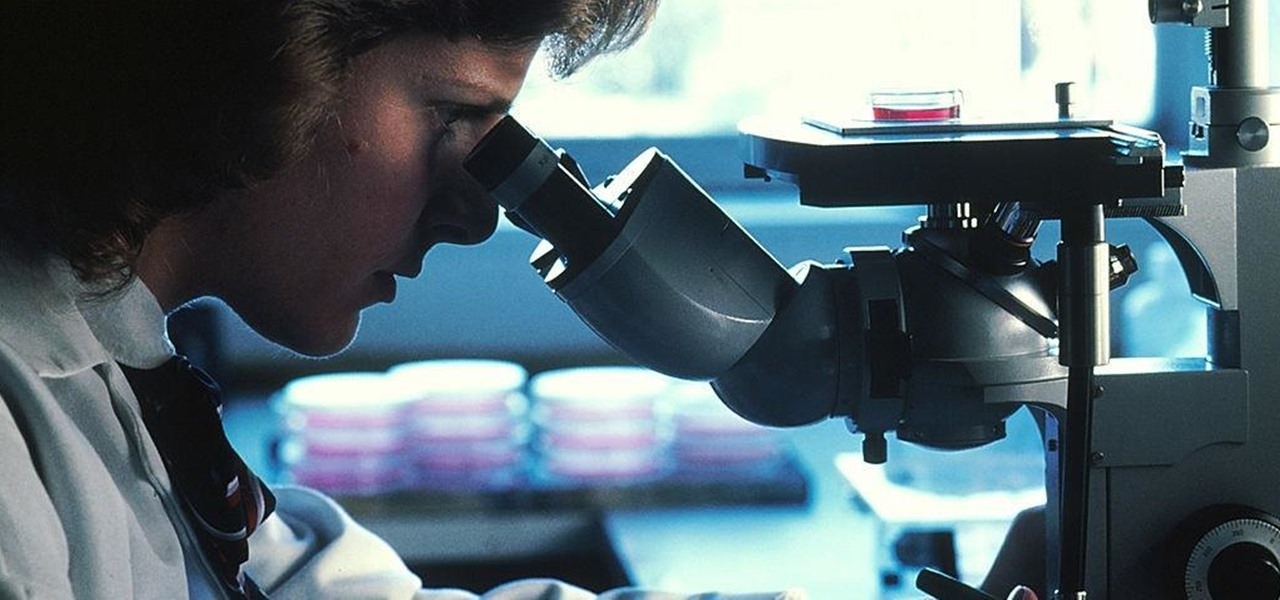


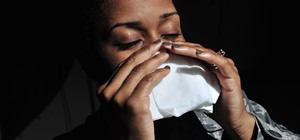

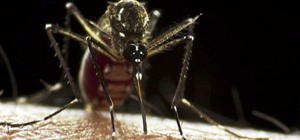

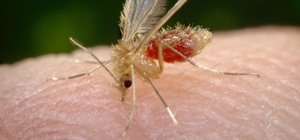
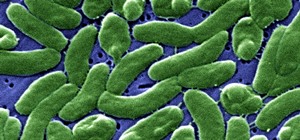



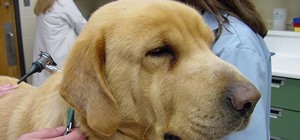





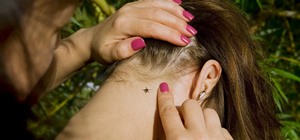
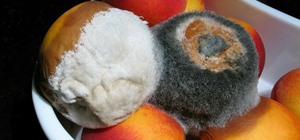
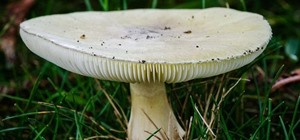




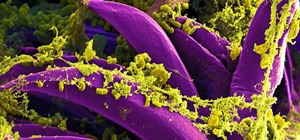


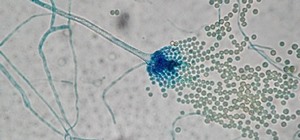
Be the First to Comment
Share Your Thoughts